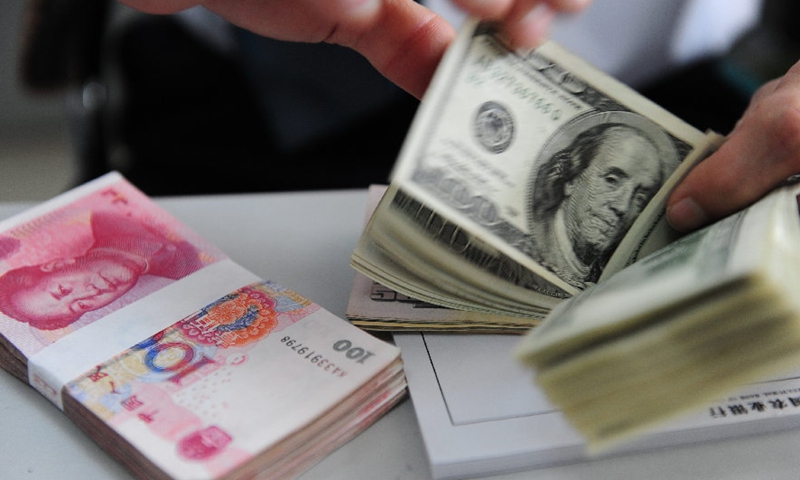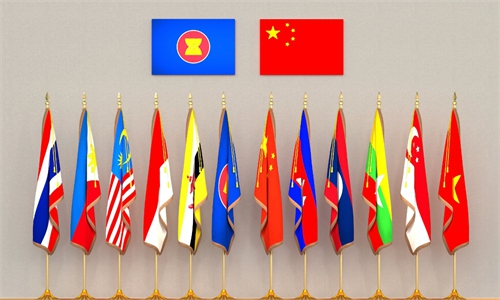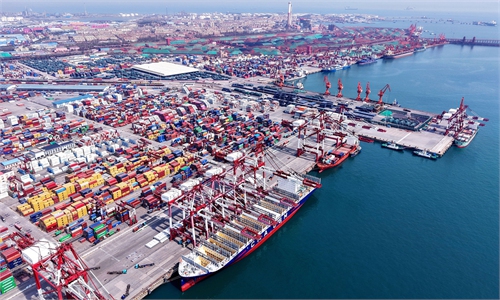
A teller counts U.S. dollar bills at a bank in Qionghai, south China's Hainan Province.Photo:Xinhua
The combined effects of currency translation and asset price changes have led to the increase in China's foreign exchange reserves, the State Administration of Foreign Exchange said in a statement.
Moreover, the resilience and vitality of the Chinese economy contributed to the stability of the foreign exchange reserves, the statement added.
The country's foreign exchange reserves have stayed above $3.2 trillion for 17 consecutive months, according to Xinhua News Agency.
Amid a complex and challenging international economic and trade environment, China has actively undertaken its responsibilities as a major nation by upholding multilateralism and enhancing communication and cooperation with neighboring countries and the European Union, Wen Bin, chief economist at China Minsheng Bank, told the Global Times on Wednesday.
In the short term, these efforts help mitigate risks from declining exports to the US, Wen said. In the long term, China's comprehensive industrial chain advantages and strong international competitiveness of its products will continue to stabilize cross-border capital flows.
The meeting of the Political Bureau of the Communist Party of China Central Committee convened on April 25 stressed the importance of stabilizing employment, enterprises, markets, and expectations, and addressing external uncertainties with a focus on high-quality development, he added.
On Wednesday, the People's Bank of China, the National Financial Regulatory Administration and the China Securities Regulatory Commission implemented a set of financial policies to support market stability and bolster expectations.
"This will help sustain the steady growth of the domestic economy, ensuring overall balance in international payments and maintain stability in foreign exchange reserves," Wen noted.


